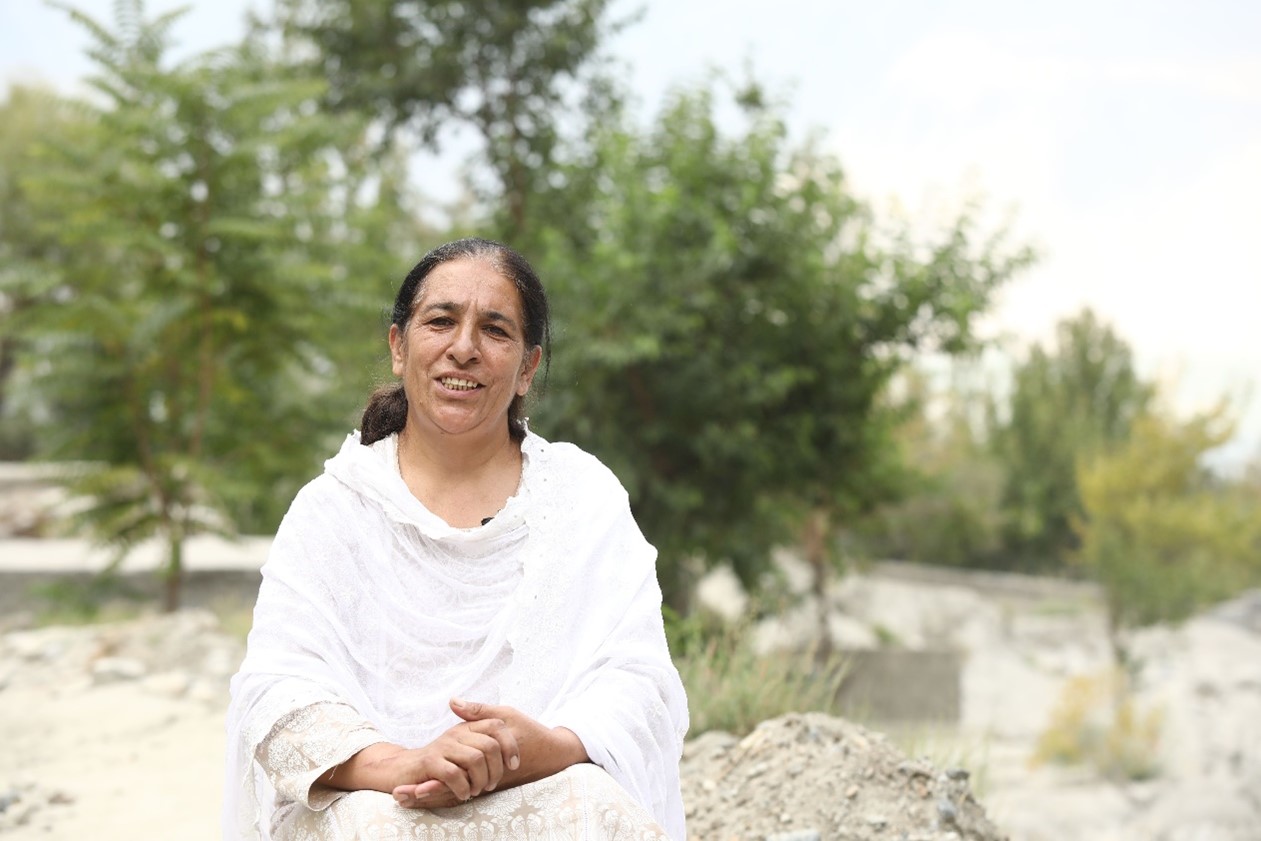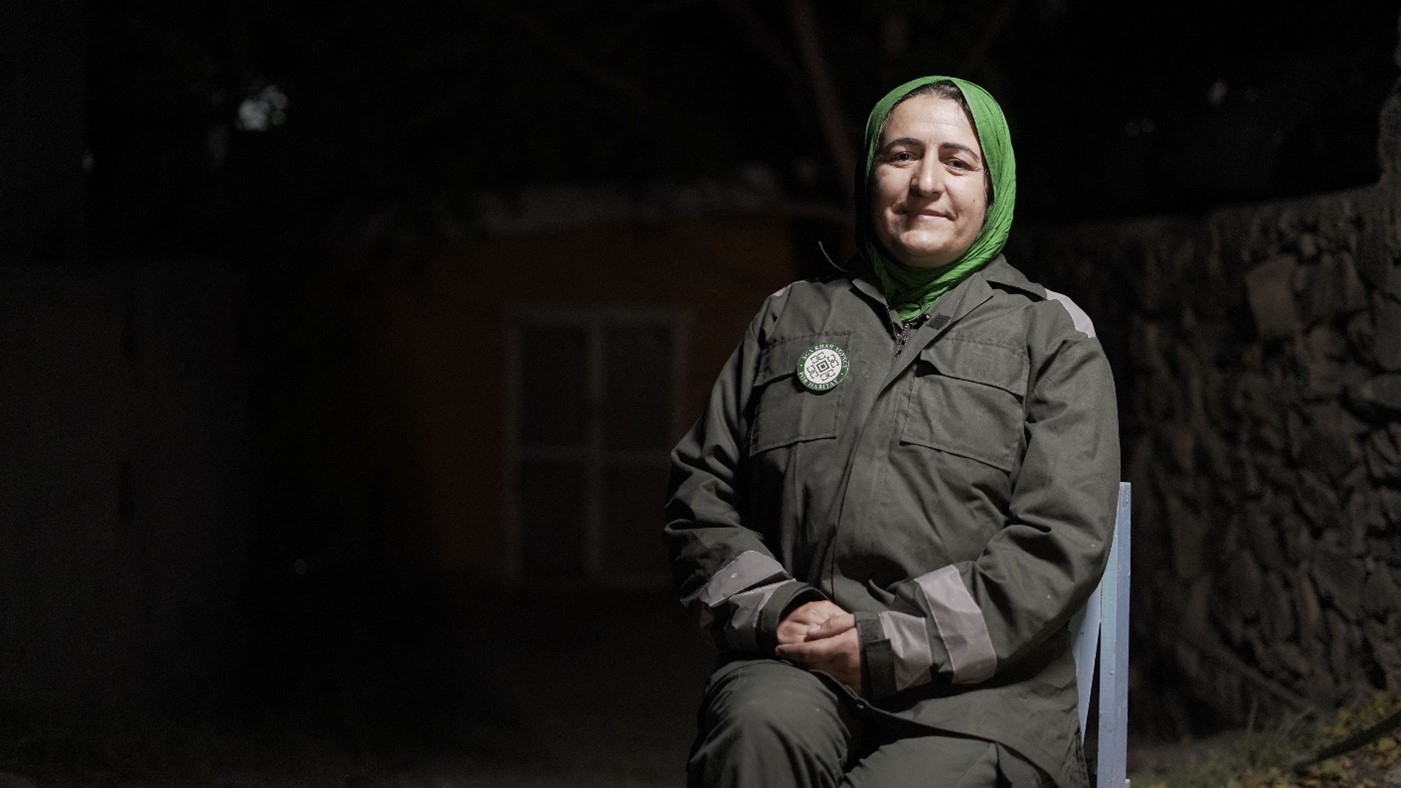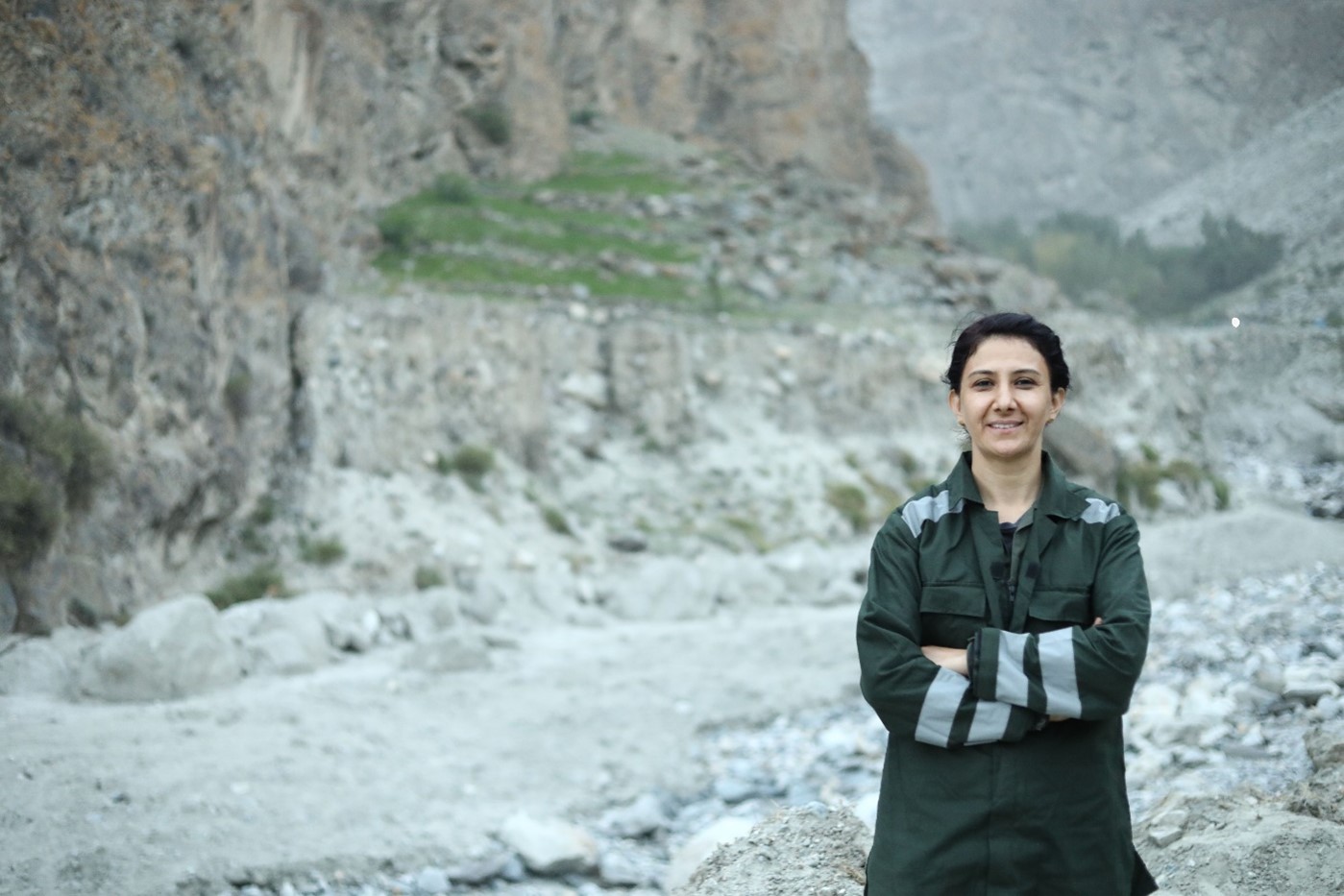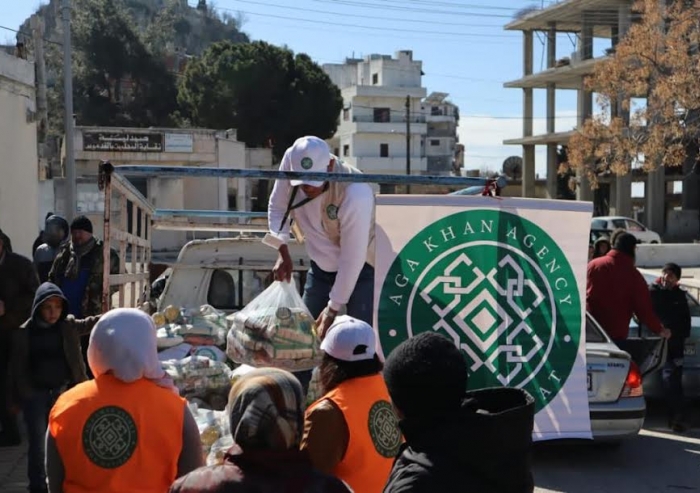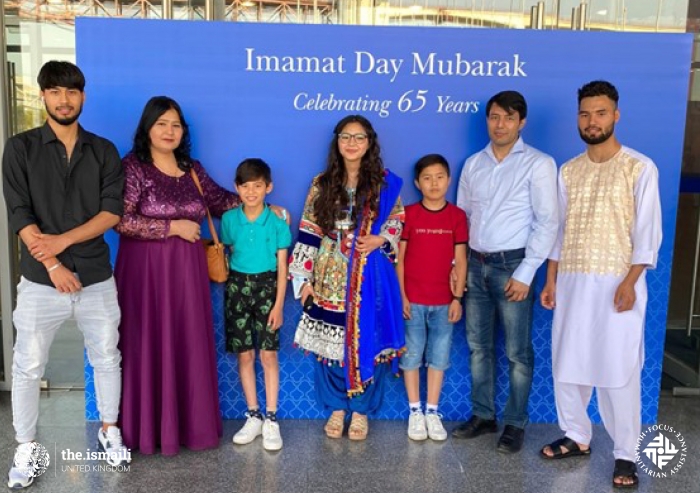Gul Noori became a volunteer 22 years ago after FOCUS reached out to recruit female volunteers. She was one of the first to consider breaking the “gender barrier”. She says “In those times, when women used to go out of their homes, they used to be commented on… Some women used to comment that they had heard that we sit in tents with men. But these men are our brothers and we work with them shoulder to shoulder. All of us in the team train each other”.
Another volunteer, Shamim highlights that during disaster recovery, “People used to avoid picking up women. They used to think that it would be better for a woman to be left to die than to be picked up by men. I felt that I should do something to change our society… When I used to come back from the field, I could not walk into my neighbourhood in my uniform. People used to hoot and I had to show a lot of patience. Within 5 years, there was increased awareness in society. People got used to it and started to ask how they could join and contribute to this kind of work, a lot of girls especially”.
Fauzia had her first experience as an emergency response volunteer after the Attabad landslide. She says “People say that women should not be on the frontlines, their hands tremble, they are not equal to men, they have less courage etc. However, when it comes to work, we can get the job done just as equally as men”.


